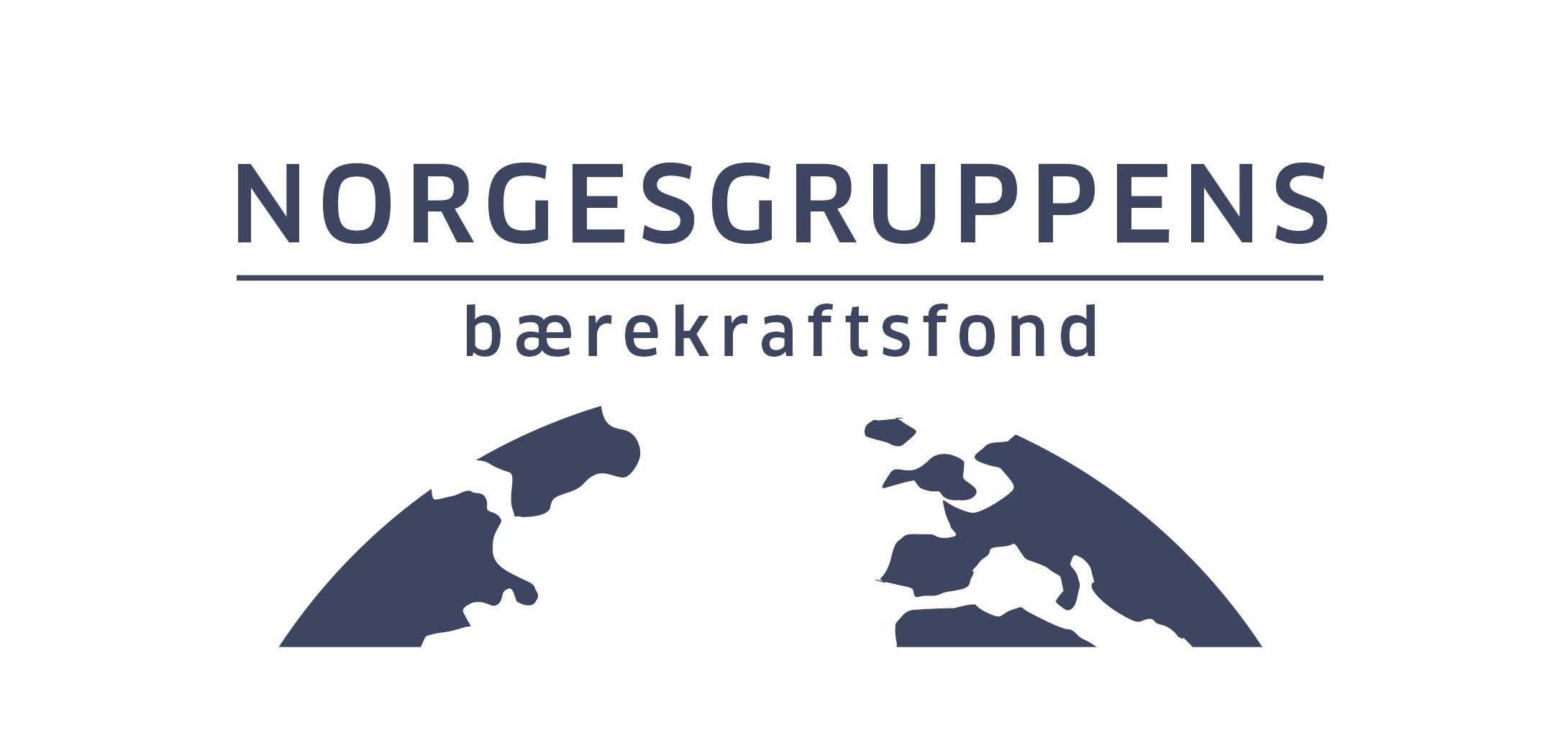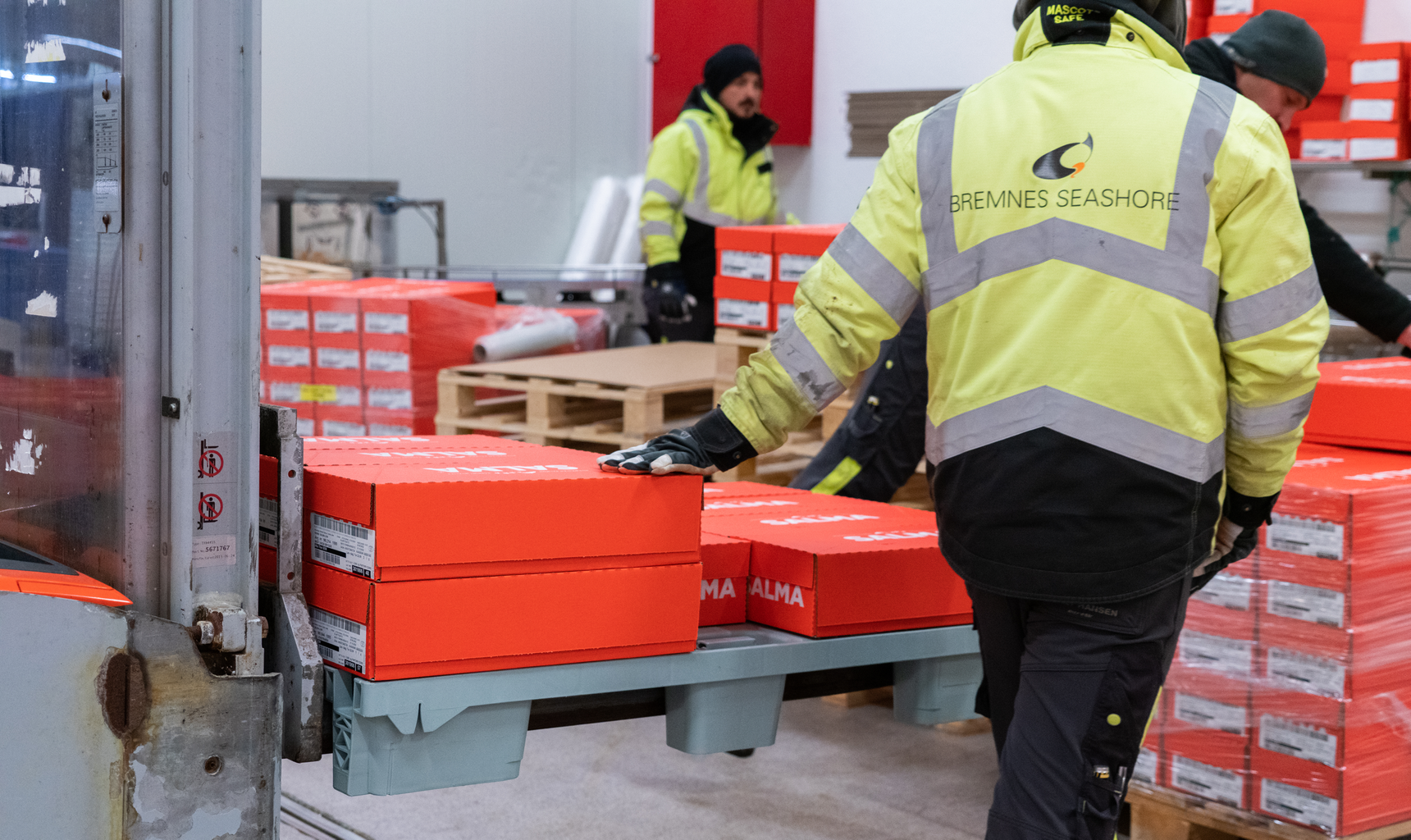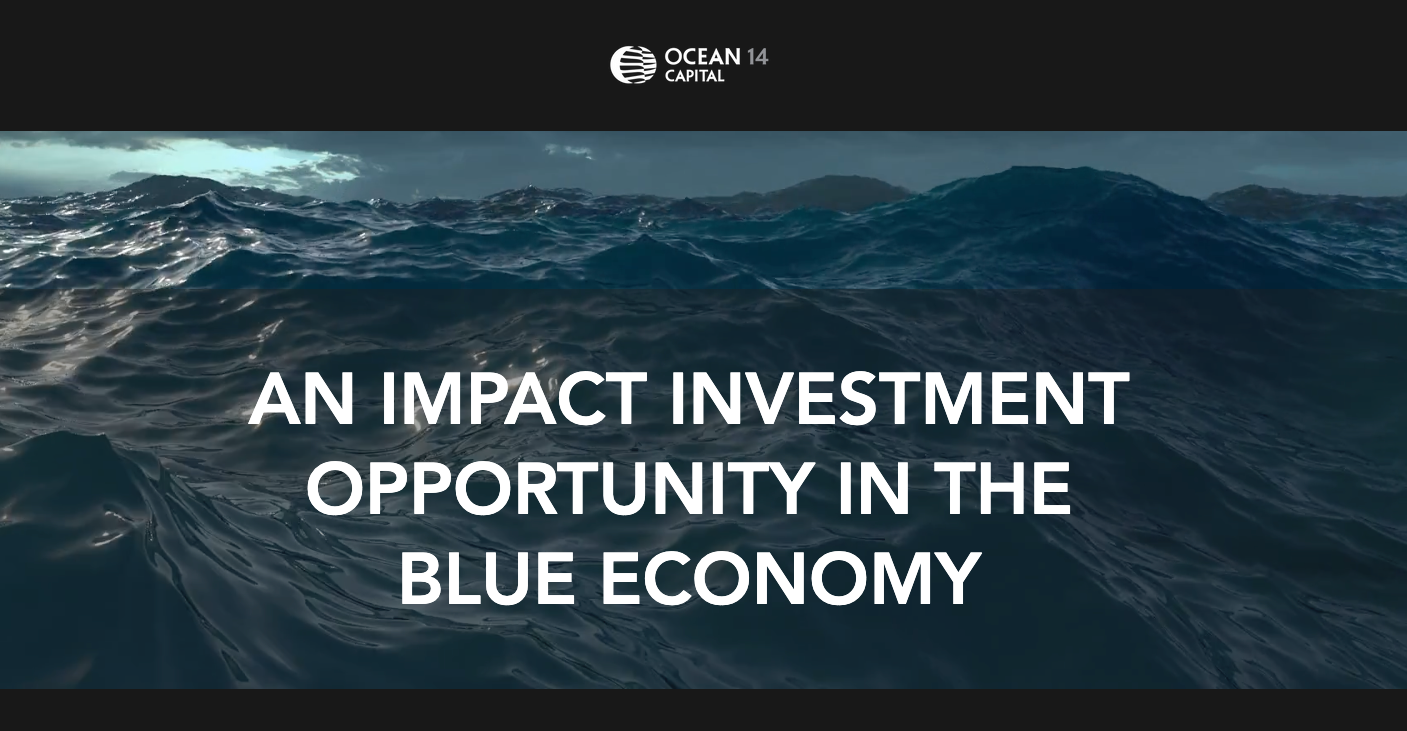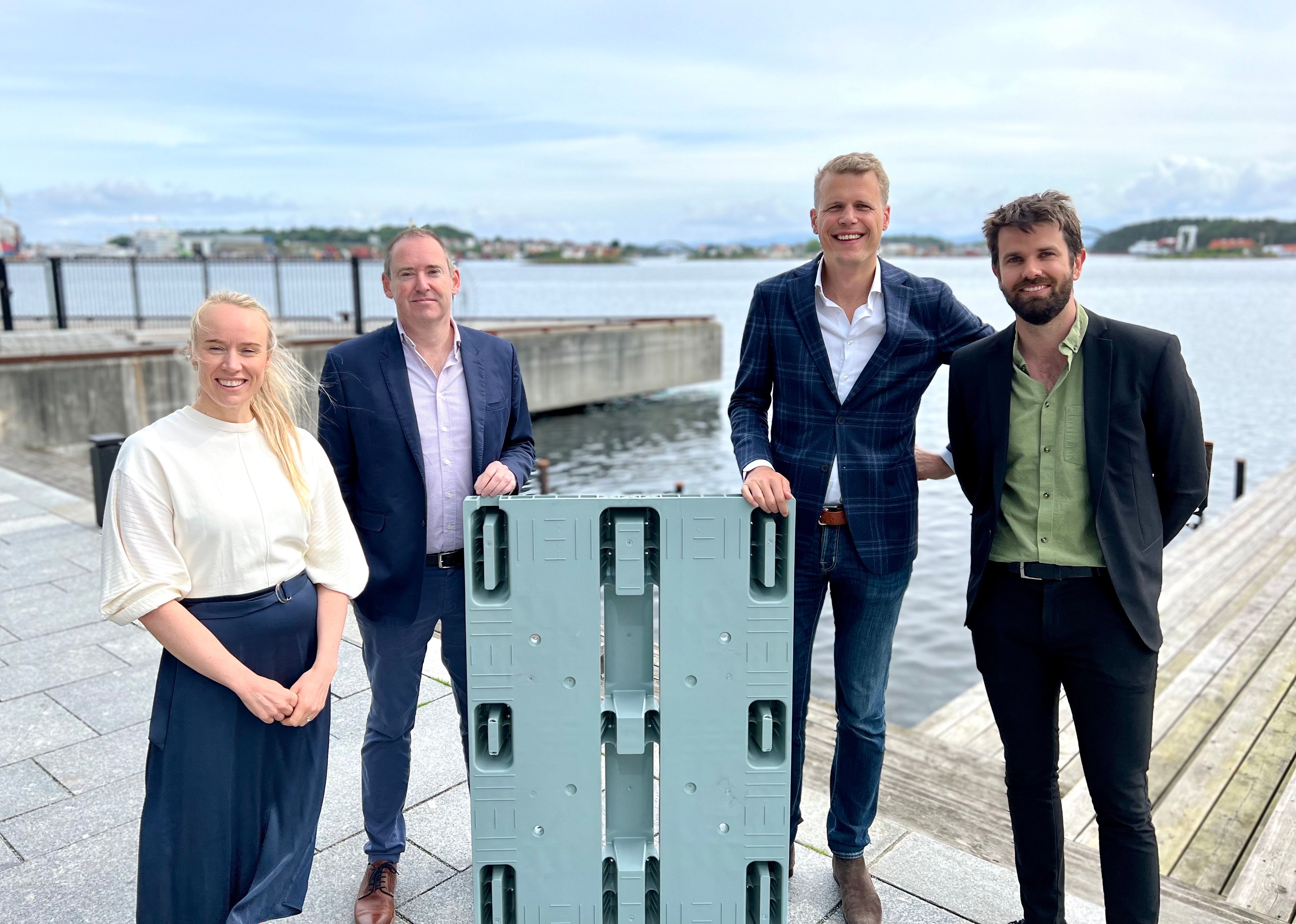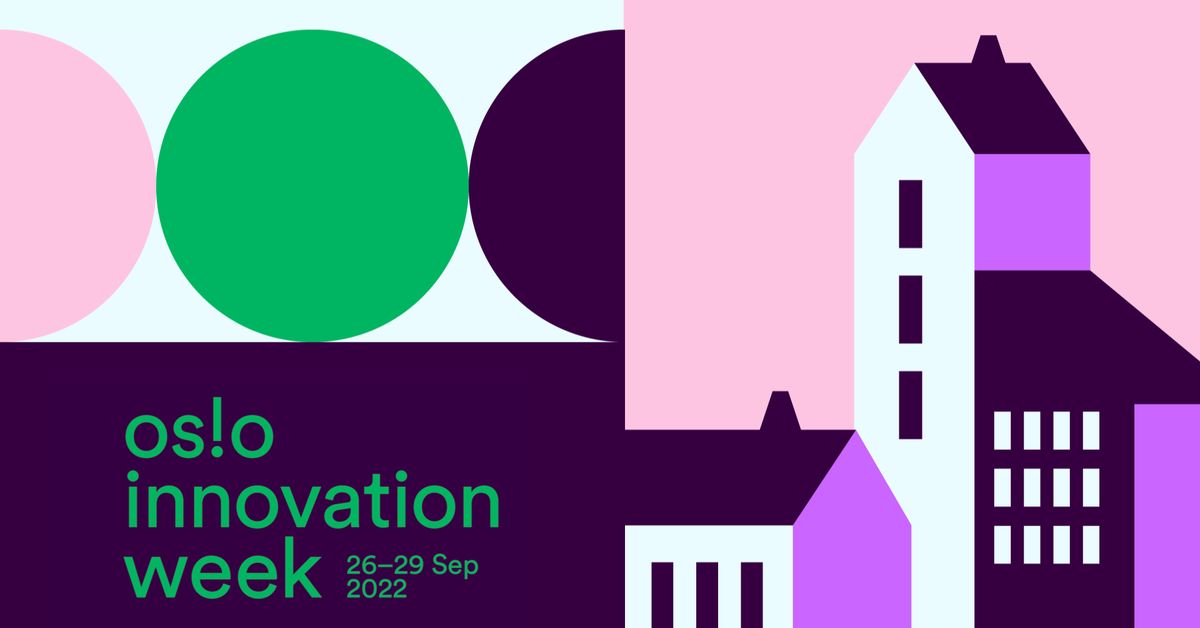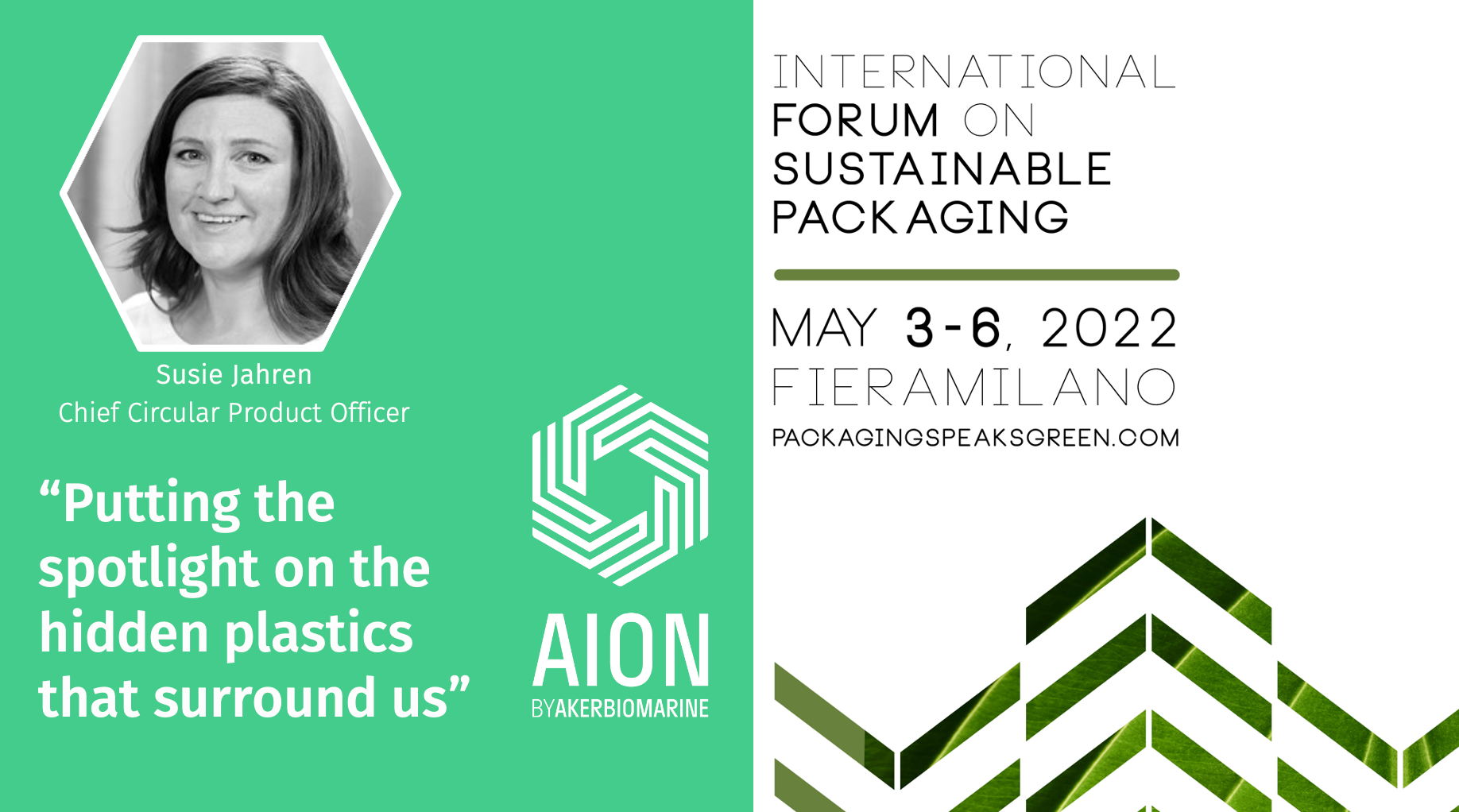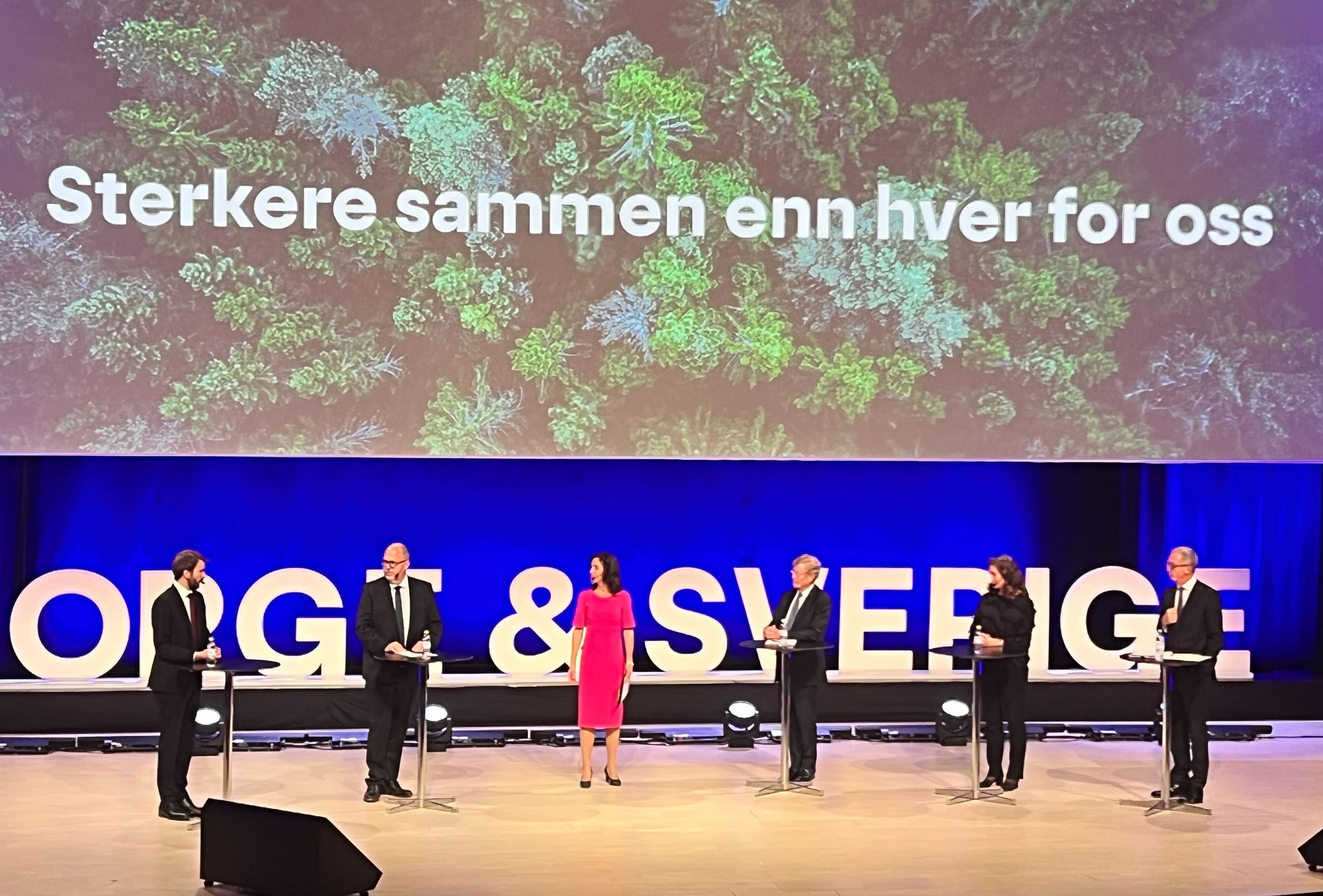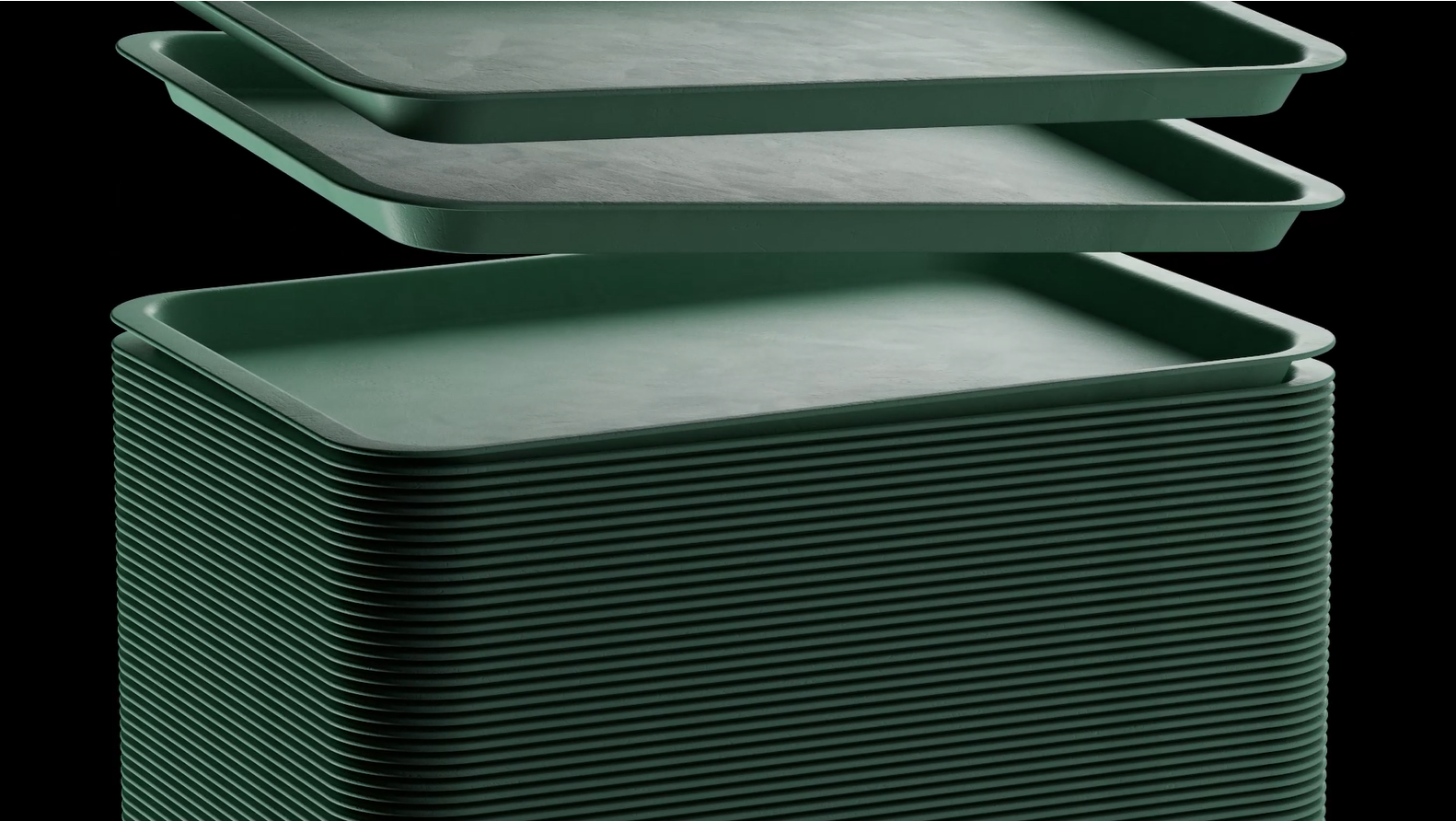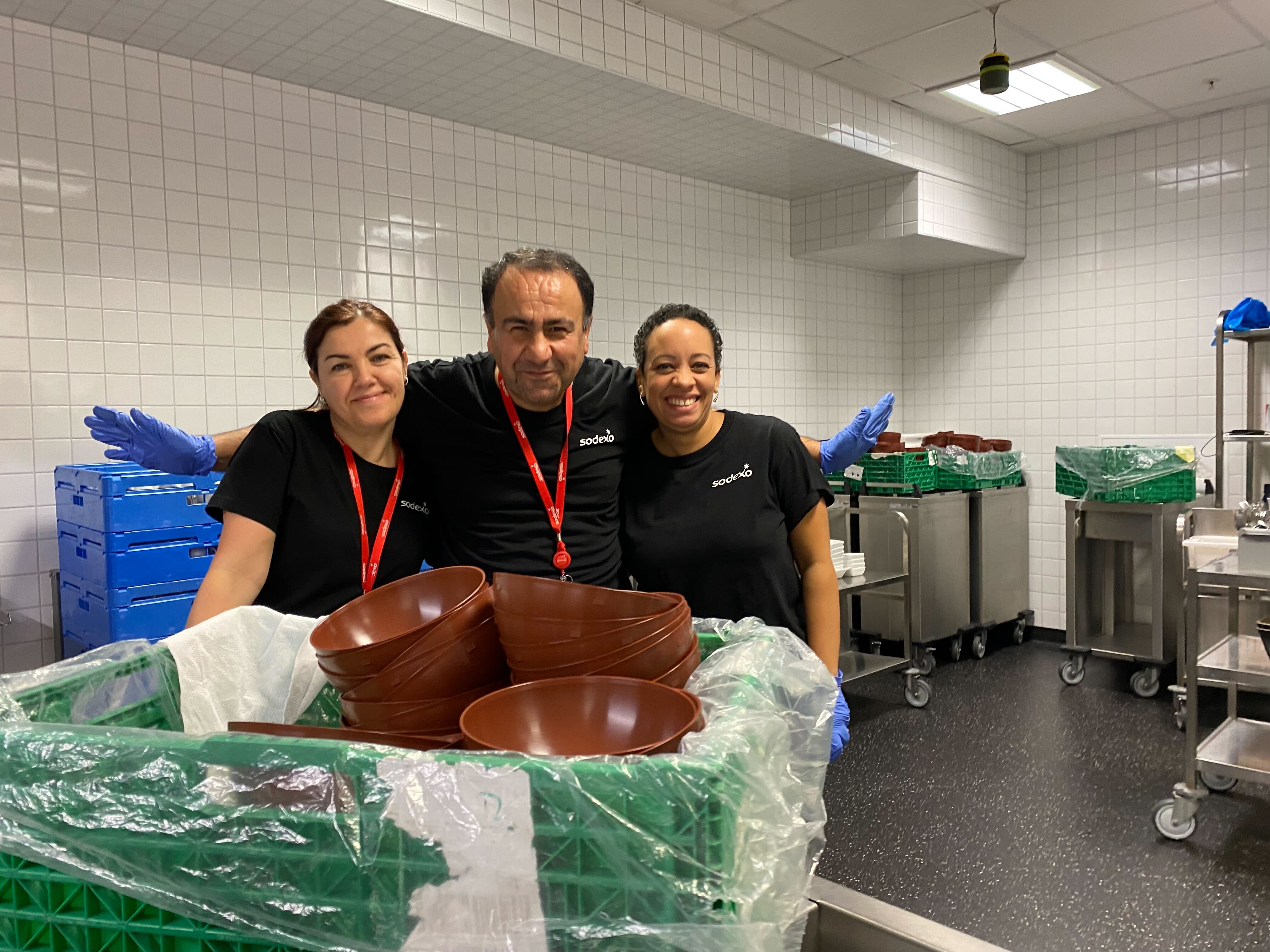04 April 2022
What are the 10 principles for a circular economy?
AION is committed to the 10 principles of a circular economy. Several of the principles correspond with ideas at the core of our Circularity as a Service business model, therefore we have taken some time to explain the principles and how we use them in the article.
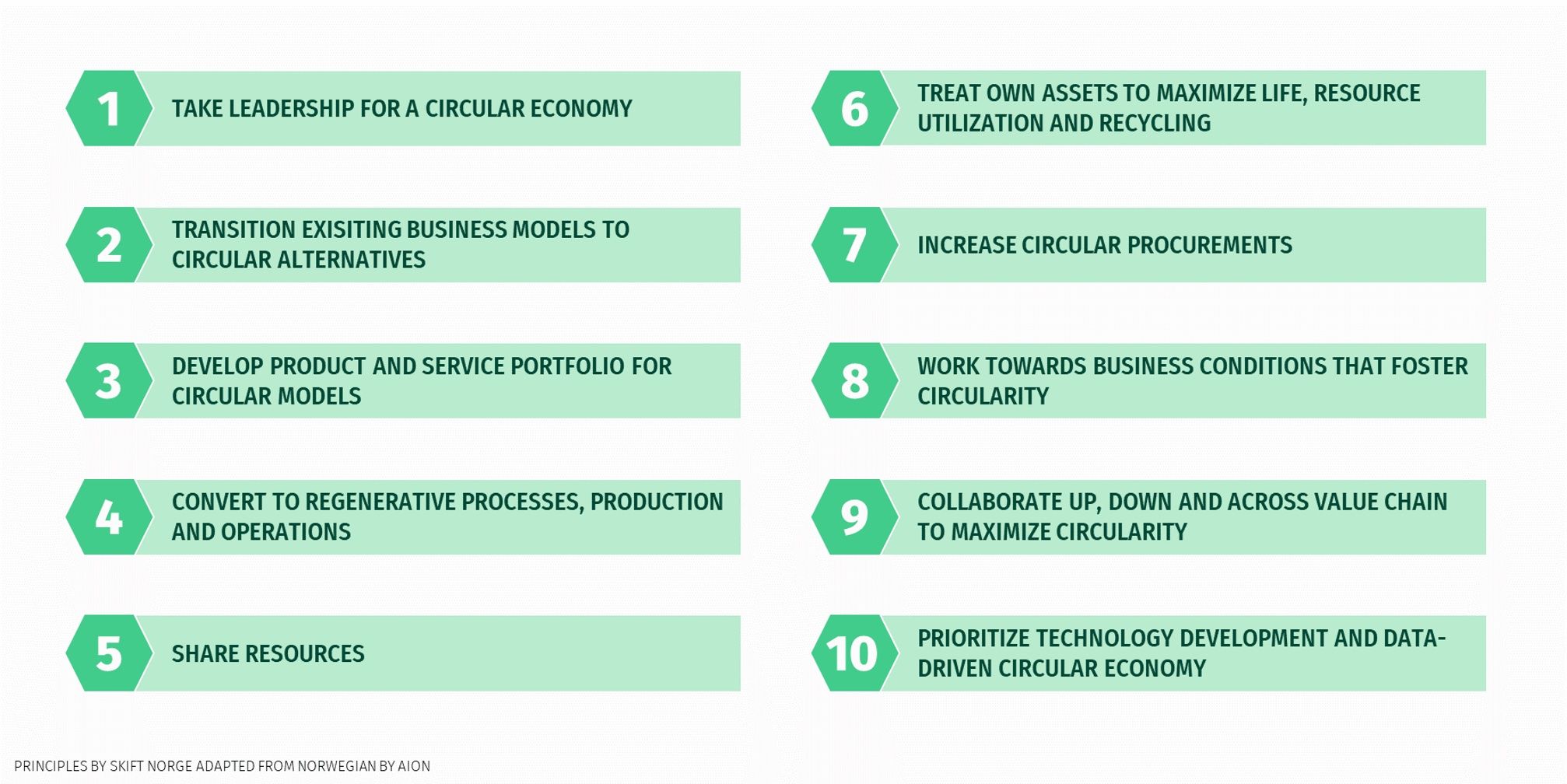
What are the principles?
Skift, WWF, SINTEF and Deloitte have launched 10 principles for a circular economy. The principles are guides and examples that businesses can build on and implement to become more circular. At the time of writing 55 companies have signed the pledge to work according to the principles.The principles can be found here (in Norwegian).
PRINCIPLE 1 - TAKE LEADERSHIP FOR A CIRCULAR ECONOMY
Companies need to take active leadership in order to increase their competence, ownership and adapt their culture in accordance with a circular economy mindset. This principle is the commitment to include circular principles in the sustainability and climate strategy of the business, and to set goals to measure and report on the progress and results of said strategies.
PRINCIPLE 2 - TRANSITION EXISTING BUSINESS MODELS TO CIRCULAR ALTERNATIVES
As society rethinks business and how companies create value. This principle is the commitment to examine how the business can be more resource efficient and circular through business development, new innovations and helping new better solution replace the redundant linear alternatives. At AION we replace existing linear plastic value chains with circular plastics through Circularity as a Service, reducing CO2 emissions and keeping plastic in the loop.
PRINCIPLE 3 - DEVELOP PRODUCT AND SERVICE PORTFOLIO FOR CIRCULAR MODELS
Because 80% of societies’ footprint is determined in the design phase products and services should be designed with cradle-to-cradle thinking in mind, ensuring that products really can be recycled and the resources within them utilized to their full potential. Products produced by AION are developed and designed for recycling and made for circularity.
PRINCIPLE 4 - CONVERT TO REGENERATIVE PROCESSES, PRODUCTION AND OPERATIONS
This principle is the commitment to developing products and supply chains that regenerate, renew and revitalize the very energy sources and materials. By doing this industry can work systematically to reduce consumption on limited resources and materials, limit waste generation and convert to renewable energy sources."All products produced by AION are developed and designed for recycling and made for circularity"Alexander Sterud speaking at Evolve Arena about how AION utilizes the circular economy principles in our business model
PRINCIPLE 5 - SHARE RESOURCES
Sharing resources, services and products is an important aspect in the transition to a circular economy and to be able to cover future demand in a sustainable way. This principle is the commitment to look for ways to share and make better use of existing resources and services instead of owning them, to make own resources available for sharing, and to facilitate future reuse or sale of these resources. AION is utilizing already existing infrastructure and facilities via our partner network and all products produced by AION are developed and designed for recycling and made for circularity.
PRINCIPLE 6 - TREAT OWN ASSETS TO MAXIMIZE LIFE, RESORUCE UTILIZATION AND RECYCLING
Getting more out of the resources that are used is a key part of a circular economy. This principle is the commitment to look after, maintain, repair and creatively renovate and reuse the assets of the business to maximize their lifetime and the utilization.
PRINCIPLE 7 - INCREASE CIRCULAR PROCUREMENTS
This principle is the commitment to contributing to a more circular economy through procurement processes. By clearly stating the needs of the business and as far as possible leaving it up to the providers to suggest the best solution, whether it is a product or a service. Businesses will request life cycle information, waste quantities and pollution as part of the procurement process and will prioritize purchasing products and services based on product lifetime, inclusion of recycled material, as well as opportunities for new application after first use. AION is both conducting and enabling circular procurements. Our sourced material goes straight into our Circularity as a Service (CaaS) model and the circular services and products we provide to our customers answer to the needs of the business, both in terms of functional and environmental aspects.
PRINCIPLE 8 – WORK TOWARDS BUSINESS CONDITIONS THAT FOSTER CIRCULARITY
Framework conditions, legislation and incentives from authorities, institutions and governing bodies can contribute to increasing circularity in the world society. This principle is the commitment to support dialogue and initiatives with authorities and other stakeholders, to ensure that new and better incentives, framework conditions and schemes that will strengthen the circular economy are put in action. AION is actively participating at conferences and gatherings where we can be a part of and influence discussions and processes that lead to new and better incentives, initiatives and framework conditions for increased circularity.
PRINCIPLE 9 - COLLABORATE UP, DOWN AND ACROSS VALUE CHAIN TO MAXIMIZE CIRCULARITY
Collaboration is essential to increase and maximize circularity. No one can make circularity happen alone, the circular value chains consist of not only businesses, but also other actors and stakeholders such as customers and governments. This principle is the commitment to participate in and support cooperation with relevant actors and stakeholders to optimize resource consumption for the entire life cycle of products and services. Included in this principle is the commitment to create transparency on both own value chains and across industries and sectors. Through the utilization of existing infrastructure and facilities via partner networks AION is collaborating with several stakeholders on different levels to create impactful circular products and services.
PRINCIPLE 10 - PRIORITIZE TECHNOLOGY DEVELOPMENT AND DATA-DRIVEN CIRCULAR ECONOMY
Creating scalable and impactful circular solutions and services requires digital efforts and a data-driven approach. This principle is the commitment to look for opportunities where technological solutions can dematerialize products/services, provide improved resource optimization, ensure better handling of raw materials, better control and overview of products through the value chain and thus quality assure the information to all stakeholders. AION believes in a data-driven approach to scale Circularity as a Service (CaaS) and is developing the digital platform AION LOOP, which enables full traceability, documented environmental effect and continuous learning.

